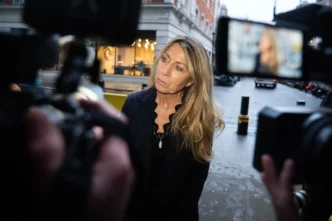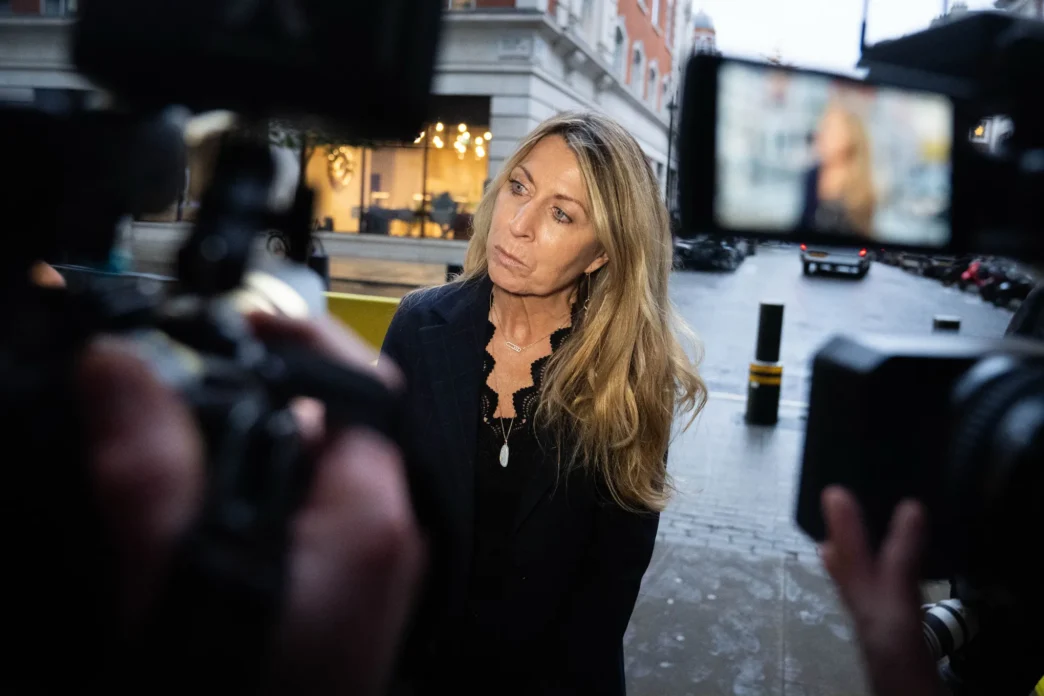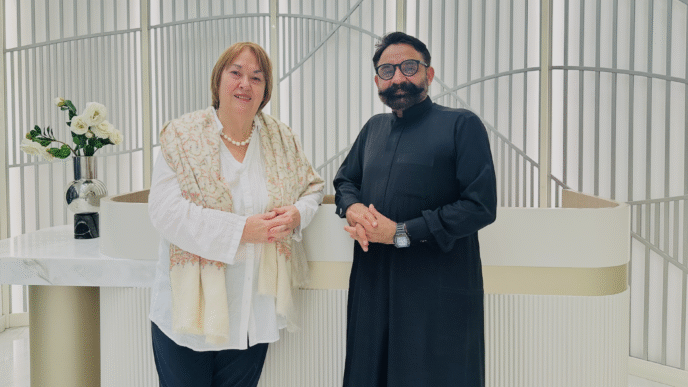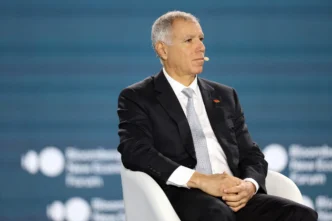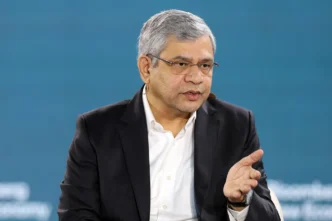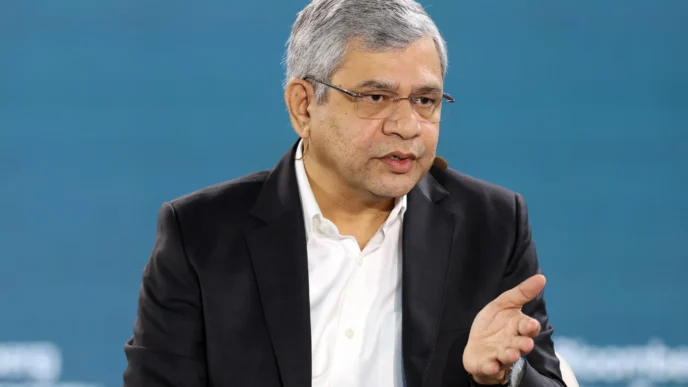President Donald Trump has sharply criticized the BBC over claims of alleged selective editing in a recent broadcast, drawing parallels to a controversial “60 Minutes” settlement during his tenure as news chief in the United States. The dispute comes as the British broadcaster faces significant internal upheaval, with both its director-general and news chief resigning amid the controversy.
The Controversy
Trump’s criticism centers on a BBC segment he says misrepresented his statements through selective editing. In a statement released via social media, Trump likened the situation to his past legal settlement with CBS’s “60 Minutes,” where he alleged similar editorial manipulation of his remarks.
The former president has framed the BBC segment as another example of perceived media bias, arguing that selective editing can distort context and mislead viewers. His comments have reignited debates over journalistic standards, the ethics of editorial decisions, and the potential influence of media coverage on public perception.
Resignations at the BBC
The controversy has coincided with high-level resignations at the BBC, signaling both internal and public pressures:
- Director-General: The resignation of the BBC’s top executive reflects accountability concerns and operational challenges in managing the broadcaster’s editorial integrity.
- News Chief: Stepping down amid scrutiny over editorial practices, the news chief’s departure underscores the intensity of the backlash over content perceived as misleading.
Insiders suggest that these resignations are part of an effort to restore confidence in the BBC’s editorial processes and to address internal criticism over management decisions and journalistic oversight.
Editorial Standards and Accountability
The allegations against the BBC highlight broader questions about editorial standards in modern journalism:
- Context and Accuracy: Selective editing can change the perceived meaning of statements, raising ethical questions about accuracy and fairness in reporting.
- Public Trust: Media outlets rely on credibility; allegations of misrepresentation can erode public confidence, especially for publicly funded organizations like the BBC.
- Regulatory Oversight: Broadcast regulators often review complaints regarding misleading content, emphasizing the importance of adherence to ethical guidelines.
The resignations suggest the BBC is attempting to signal a commitment to accountability, reinforcing the principle that editorial missteps carry tangible consequences at the highest levels of leadership.
Trump’s Perspective
Trump has repeatedly criticized media organizations for perceived bias throughout his career, often highlighting instances of selective editing, framing, or omission. By drawing parallels to the “60 Minutes” settlement, he is framing the BBC incident as part of a broader pattern of media misconduct, reinforcing his narrative of systemic bias.
This public critique also serves a strategic purpose, amplifying his voice in the global media debate and appealing to audiences who are skeptical of mainstream journalism.
Global Media Implications
The incident at the BBC resonates beyond the United Kingdom:
- Media Scrutiny: The episode may prompt other broadcasters to review editorial practices, particularly regarding interview editing and context presentation.
- Legal and Ethical Considerations: Journalists and news executives worldwide are reminded of the importance of transparency, editorial accuracy, and proper context, given the reputational and legal risks.
- Public Perception: High-profile resignations coupled with public criticism from figures like Trump can influence how audiences perceive the credibility and neutrality of major media outlets.
Lessons for Journalism
This episode reinforces the following lessons for news organizations:
- Editorial Transparency: Clearly indicating edits or summaries can prevent misinterpretation of statements and protect credibility.
- Leadership Accountability: Executive oversight is essential in maintaining standards, particularly when high-profile stories attract intense public scrutiny.
- Proactive Response: Addressing public criticism quickly and transparently can mitigate reputational damage and restore trust.
Conclusion
Trump’s accusations against the BBC over alleged selective editing, paired with the resignations of the broadcaster’s director-general and news chief, underscore the high stakes of editorial integrity in today’s media landscape. The situation illustrates the delicate balance between journalistic freedom, accountability, and public trust, particularly when dealing with controversial figures and sensitive political content.
As the BBC navigates leadership transitions and scrutiny over editorial practices, the incident serves as a reminder that accuracy, context, and transparency remain central to maintaining credibility in the modern news environment.

